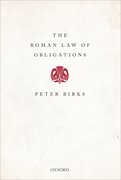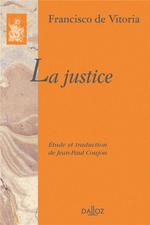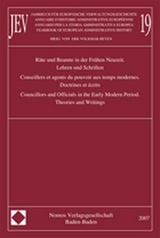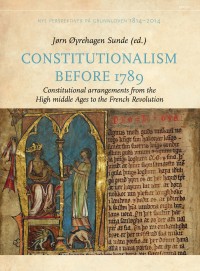What: Doctoral Seminar by Prof. Emily Kadens The Trouble with Custom followed by paper presentations by early-stage scholars
Where: Museumzaal MSI 02.08, Mgr Sencie-Institute, Erasmusplein 2, Leuven (B)
When: October 3rd 2014, 9.00am-5.00pm
Deadline: August 25th 2014 (send an email to: lectio@kuleuven.be)
Historians of all types take for granted that something called "custom" existed. Then they use the term lazily, as did people in the pre-modern era, to refer to many types of legal rules and norms. But if we take seriously the Roman law definition adopted by the medieval jurists that custom is repeated behavior over time to which the majority of the community has tacitly consented to be bound, then how did this custom work? How was it formed? How did it evolve over time? What effect did writing have on it? What was its relationship to enacted and learned law? Is the Roman concept of custom and its reality in practice the same as the German distinction between Gewohnheitsrecht and Rechtsgewohnheit? And, most fundamentally, did custom as defined by the Roman law actually ever exist at all? If not, why did the jurists spend so much energy debating its intricacies?
On the occasion of the presentation of LECTIO’s new book series, Professor Emily Kadens
(Northwestern University School of Law, Chicago) will deliver a public lecture on Thursday 2
October entitled ‘The Intellectual History of Custom’. In addition, on Friday 3 October she will
lead a seminar on ‘The Trouble with Custom’.
After an introductory session by Professor Kadens, the seminar will provide the opportunity to
selected doctoral and post-doctoral scholars to present their research during a paper session and to discuss it with Professor Kadens and the other participants. We particularly welcome paper proposals that deal with one of the following topics:
1. The relationship between custom as it worked in daily life and the legal theory of
custom;
2. The use of custom as an argument in law, philosophy, theology, philology, history, etc.;
3. The interaction between legal history and intellectual history Interdisciplinary approaches and case studies that illustrate these topics from a historical or present day perspective are an asset.
Successful applicants are expected to give a 10-minute ‘Work-in-Progress’ talk in English followed by a 20-minute discussion.
A paper (max. 10 pages) and a short CV should be submitted no later than 25 August 2014 to
For organizational purposes, scholars who want to attend the seminar without presenting a paper are also asked to register before that date.
All participants of the doctoral seminar will receive a reading assignment by the end of August
2014.

















.jpg)







